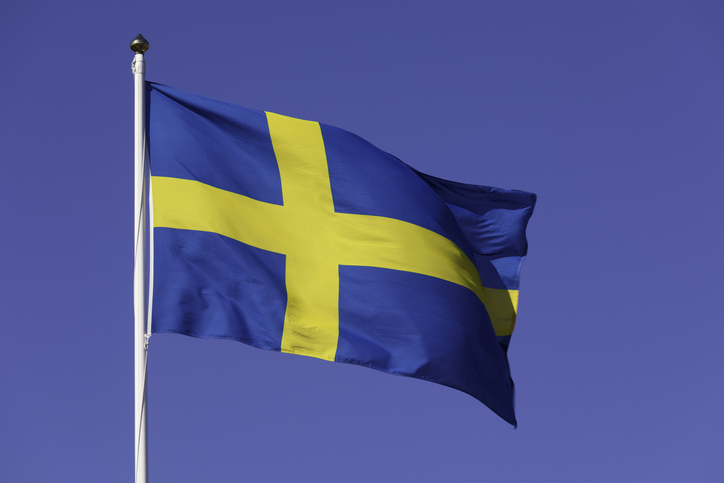Sweden, often praised for its transparency, is now under scrutiny for failing to effectively combat foreign bribery. Its failure to enforce anti-bribery laws is drawing criticism from both international watchdogs and a prominent U.S. whistleblower law firm.
In a recent analysis, Kohn, Kohn & Colapinto (KKC), a Washington-based firm specializing in whistleblower advocacy, highlighted Sweden’s poor enforcement track record in light of a scathing report from the Organisation for Economic Co-operation and Development (OECD). The OECD’s Phase 4 Anti-Bribery Report expressed “grave concern” over Sweden’s inability—or unwillingness—to effectively investigate and prosecute foreign bribery cases.
The statistics are damning, according to KKC; Sweden has sanctioned zero companies or individuals for foreign bribery. No successful prosecutions have occurred through Sweden’s anti-money laundering measures, and only a single foreign bribery case is currently pending.
Even the OECD, typically reserved in tone, signaled alarm at Sweden’s legal shortcomings and the inaction of its enforcement body, the National Anti-Corruption Unit (NACU). Despite the report’s findings, NACU reportedly saw “no reason to change” its practices.
“Sweden has one of the worst track records for prosecuting foreign bribery among OECD countries,” said Stephen M. Kohn, founding partner at KKC. “If the Swedish government thought that burying their head in the sand would protect their industries, when they practice the most despicable, corrupt practices, they are wrong.”
KKC is urging Sweden to adopt the OECD’s recommendations, including stricter corporate due diligence and enhanced enforcement of anti-bribery laws. The firm also highlighted a broader issue: a lack of public awareness in Sweden about the seriousness of the problem.
Whistleblowers Bypassing Sweden’s System
With little faith in Sweden’s legal system, whistleblowers are increasingly turning to U.S. laws for protection and action. This shift has had real consequences: Swedish multinationals Telia Company AB and Telefonaktiebolaget LM Ericsson have paid more than $2.7 billion in penalties to the U.S. for violating the Foreign Corrupt Practices Act (FCPA).
That money, KKC argues, could have gone to Sweden—if the country had an effective legal framework in place to handle such cases internally.
A Chance for Reform on the Global Stage
As Sweden prepares to attend the United Nations Convention Against Corruption (UNCAC) in December, the spotlight is on. KKC suggests that the UNCAC meeting presents a vital opportunity for Sweden to reform its anti-corruption systems and prioritize whistleblower protections for the first time.
For a country that prides itself on fairness and justice, the pressure is mounting to live up to those ideals—not just in policy, but in practice.
